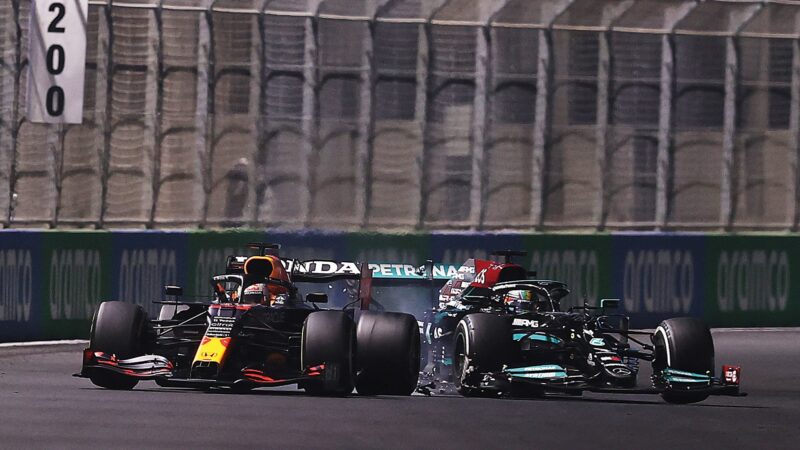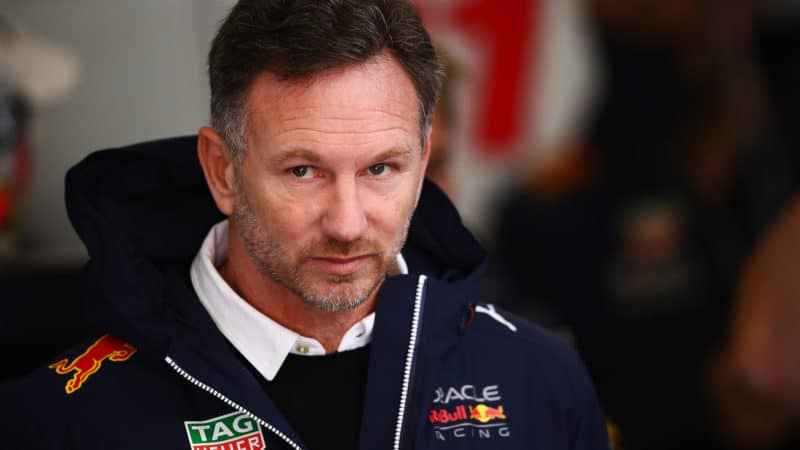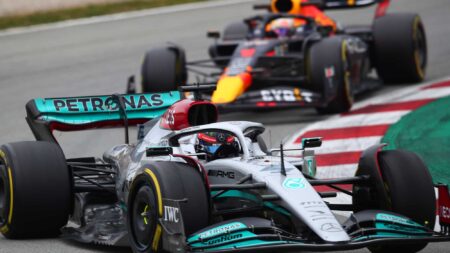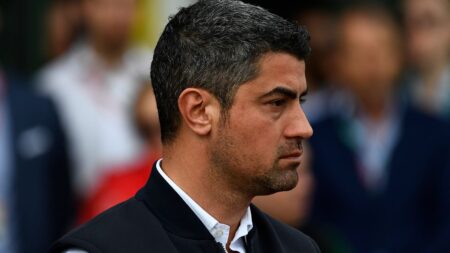Horner welcomed the limits but was adamant that fans should hear what is said by teams as a race unfolds.
“I lobbied very hard and am probably responsible for why the radio [messages] are broadcast,” he explained in an interview following testing in Barcelona. “I’ve always felt it would be interesting for the public to hear what goes on between the pitwall and the race director, with the idea that it would be used less if it was broadcast.
“But such is the competitiveness of what we had last year it did get used. Of course, if I hear another team principal lobbying the referee it is my duty to defend my team.
“So when I heard it at Silverstone [in the wake of Hamilton and Verstappen colliding] I was quite surprised. And of course in Abu Dhabi it was my job and responsibility to push as hard for this team as possible. I wouldn’t be doing my job if I wasn’t doing that.
“Ultimately it’s a good thing they are defining more who can talk to the referee, the race director, and let’s see how it all pans out. But I think it’s something that should still be open to the public because the fans and spectators have a right to hear what is being lobbied. It is a part of the sport.”

Max vs Lewis championship battle frequently caused Masi’s channel to crackle
Lars Baron/Getty Images
Horner said that lobbying of the race director has taken place for years, including the period when the late Charlie Whiting was race director, but that viewers only became aware of it last year due to the broadcasting of messages.
“Charlie was adamant he never wanted [them broadcast] because he didn’t want the controversy in the public domain,” said Horner. Because he didn’t want to be in the centre of the story? “He never liked that. But latterly with Stefano [Domenicali, F1’s CEO since the start of last year] he agreed it was a good thing to do.”



